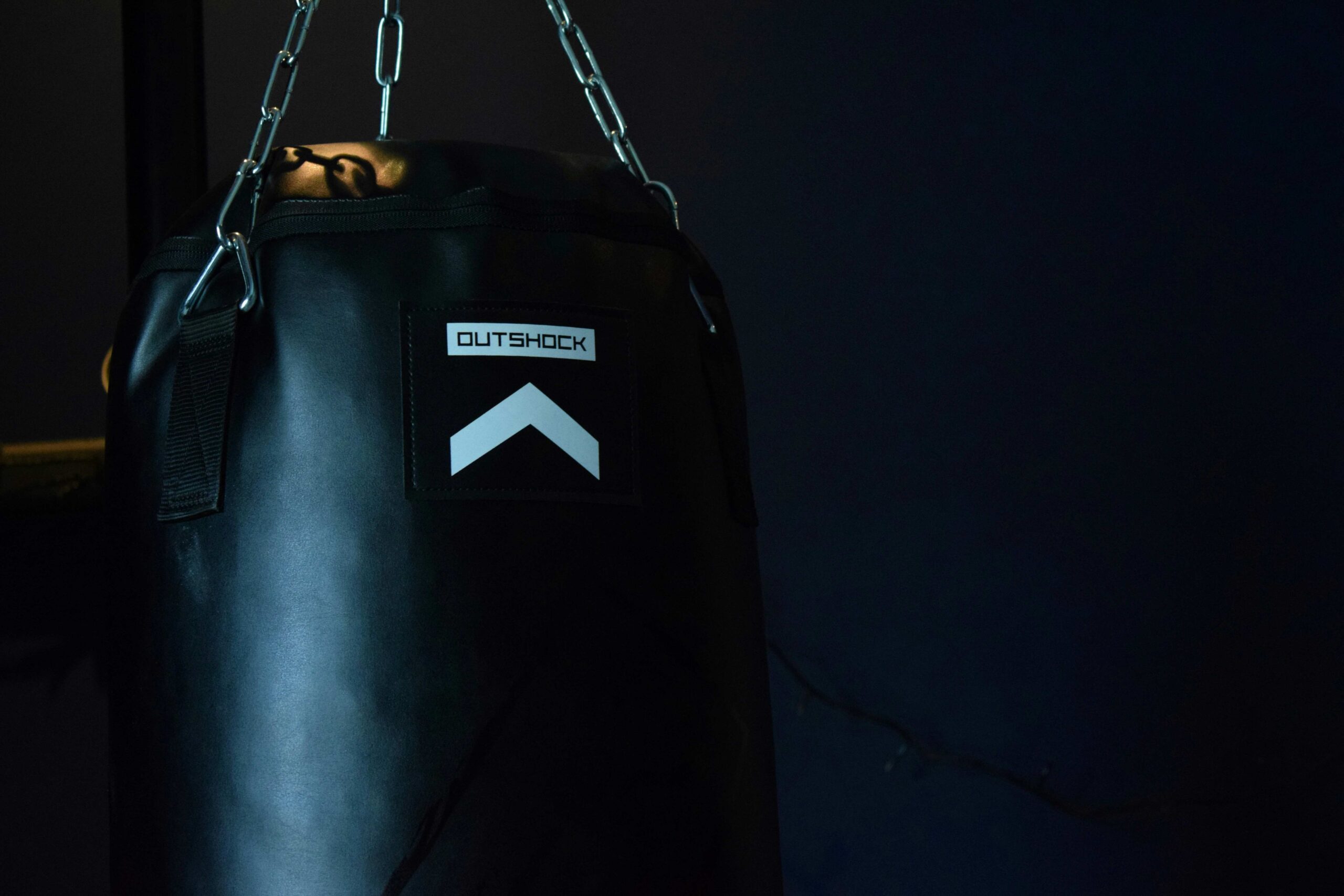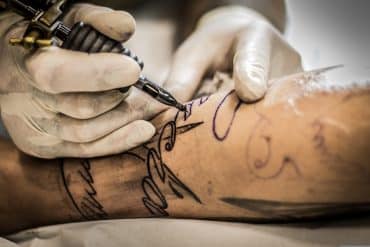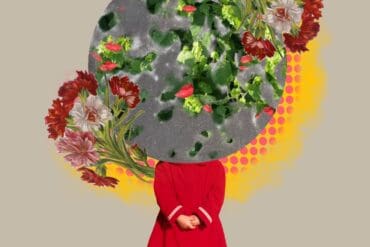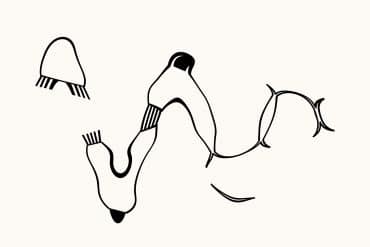What Happens When You Surrender to Mainstream Capitalist Power Dynamics
Author’s Memo
I’m Laura, a self-reflexive Anthropologist. In this four-part series, I’ll take you back through my journey from the beginning. To explore how the conditioning of the Western environment I was born into served in disconnecting me from my own inner authenticity. Leaving me feeling lost and trapped in the perils of capitalist mentality. Chasing the ideals of what society wanted me to become. I’ll then reveal how I overcame my mental health challenges and reconnected with my true self. Discovering the benefits of holistic therapies and shamanic healing. With the aim of highlighting the importance of maintaining your connection to your true self and your intuition. An empowered inner authenticity that supersedes the pressures faced by twenty-first century generations – striving for an unattainable false perfect ‘self’.
‘Leaving me feeling lost and trapped in the perils of capitalist mentality. Chasing the ideals of what society wanted me to become.
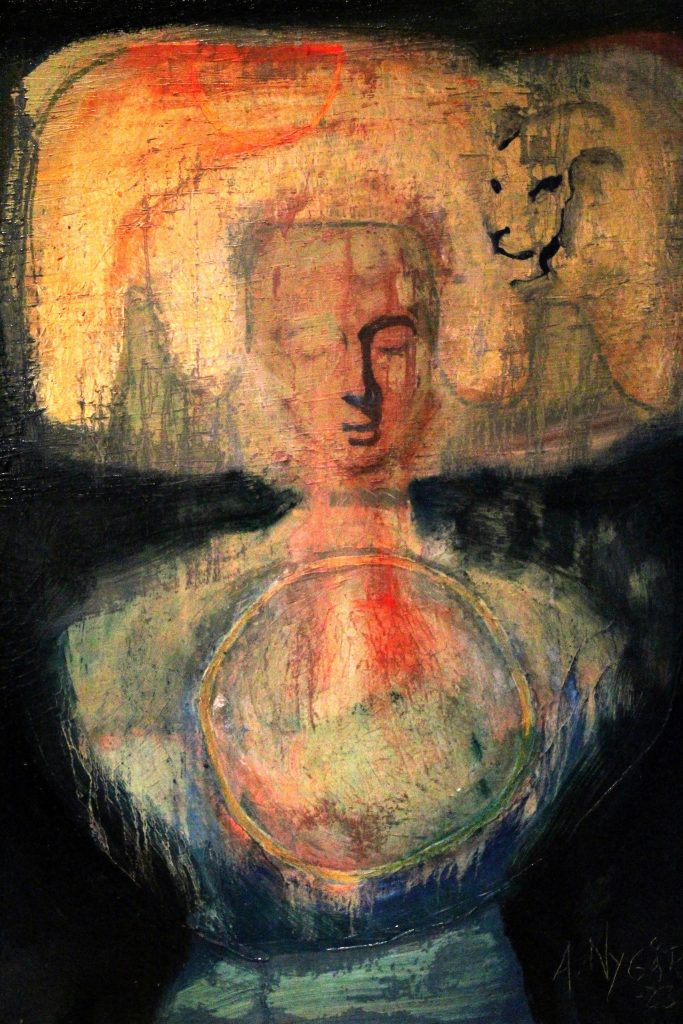
It was careers day in my final year of secondary school. All the students were ushered into the assembly hall after lunchtime. The room was filled with endless rows of desks displaying prospectus for different universities and colleges. Each one surrounded by eager representatives trying to pitch their institution. As I walked down the aisles, I was inundated with educational hype. ‘Get a qualification that attracts employers’ and ‘Invest in your future – study business and marketing’. It suddenly dawned on me that I was expected to have my entire career path figured out…And I had no idea. The whole situation felt overwhelming. How was I supposed to know what job I wanted to do before even trying it out first?
‘Deep down, I instinctively knew that I needed more time to continue to develop myself…As well as more freedom to experiment with different options – either through volunteering or travelling.
Deep down, I instinctively knew that I needed more time to continue to develop myself… As well as more freedom to experiment with different options – either through volunteering or travelling. The thought of committing to college, university and then onto a long-term profession – made me feel trapped, suffocated even. I took a deep breathe in, exhaled and desperately scanned the hall for alternative options. But all I could see was further education. When I stopped at the nearest desk to discuss my concerns with a careers advisor, they looked at me as if I was crazy. Referring to a ‘gap year’ as a risky option that would slow me down.
“Taking a year out to travel or volunteer sounds fun… But you’ll be in the same position next year. And you’ll regret not going to university. It’s the best option for securing a good future. Higher paying jobs require a certain level of skills. Most graduates are expected to earn 36k when they leave university”
‘The thought of committing to college, university and then onto a long-term profession – made me feel trapped, suffocated even.
A Mainstream Pathway: Conforming with the ‘Norm’
My stomach began to sink… as I slowly realised that the reality of life was a means for financial success. A singular version of success only achievable through a university pathway. Furthermore, any deviation from this pathway would lead to insecure or unsatisfactory future. I felt so much resistance to this dominant societal narrative, which only reinforced the distrust I already held towards myself. I remember thinking that there was something wrong with me. Because everyone else seemed to be just getting on with it. All my friends had signed up to go to college…Both of my sisters were already in university. So why am I so different?
When I went home that day, I felt so isolated, insecure and anxious about the future. The enforced marketisation of further education had created so much pressure to prove my worth – my economic value. Making me believe that I needed be somebody and ‘succeed’ in life. And I was so scared of failing if I didn’t conform with what society projected as the best pathway for me. The previous alienation I experienced with my creativity had left me desperate for external validation…. A feeling of despair that outweighed any instinctual resistance I had towards capitalist ideals of a ‘good future’.
By this point, I just wanted to feel good about myself, to be accepted and have confidence in my choices. Insecurities created within me by cultural norms. Forcing me to conform with a mainstream societal pathway.
‘By this point, I just wanted to feel good about myself, to be accepted and have confidence in my choices. Insecurities created within me by cultural norms. Forcing me to conform with a mainstream societal pathway.
Capitalist Mentality and Unhealthy Societal Ideals
Over the next few weeks, my teachers would stress the importance of achieving high grades. I felt pressured to really focus on my studies and secure a place at college. To the point where I stopped hanging out with my friends after school. I even covered my entire bedroom in revision post it notes. When my grades improved, and I became top of the class… It was so exhilarating to receive all the praise and attention – I finally felt like I was good enough. But this only drove me further into a vicious cycle of competing and comparing myself with others. I started to develop perfectionistic tendencies and self-criticism. A capitalist mentality of believing that I needed to be the ‘best’ and relying on external validation just to feel worthy.
‘A capitalist mentality of believing that I needed to be the ‘best’ and relying on external validation just to feel worthy.
Alongside of navigating academic expectations, I was also struggling with the pressures of feeling worthy in my physical appearance. As a mixed raced person in a predominantly white school, I was very conscious that nobody looked like me. With my curly kinky hair and more curvaceous figure. An insecurity made worse by Eurocentric beauty ideals in mainstream media and marketing campaigns. I was constantly being bombarded with airbrushed images of skinny women with silky straight hair. A narrow version of beauty that made me feel inadequate because my natural features didn’t conform with these unrealistic aesthetical standards.
‘Alongside of navigating academic expectations, I was also struggling with the pressures of feeling worthy in my physical appearance.
I remember buying my first magazine and flipping through the pages… Every article was full of fatphobic rhetoric. Punishing or praising celebrities for their weight gain or loss. With before and after pictures promoting the latest fad diets and aesthetical enhancements. A media frenzy of external validation that further reinforced my capitalist mentality. I started to believe that I needed to change myself – conforming with idealised beauty standards just to feel good enough. Soon after, I went on a diet, which started out innocently…Just eating healthier and having more exercise. But my perfectionistic tendencies took over and I became more and more disciplined.
‘A narrow version of beauty that made me feel inadequate because my natural features didn’t conform with these unrealistic aesthetical standards.
Giving My Power Away: Losing Control
Fast forward 3 years and I had gone from a healthy size 12 to a gaunt size 6. Permanently changed my natural thick curls to poker straight hair. And invested all my money in the latest fashionable clothes. I was now in my second year of university, studying for a degree in psychology. An industry chosen for me by the algorithmic guidance of careers tests. By this point, I was completely unconscious to my thoughts and actions… Being pushed and pulled around by unhealthy academic expectations, unrealistic aesthetical demands and overbearing media trends. Despite receiving external validation, I felt miserable, lost and empty inside. Trapped down a pathway absent of authenticity, freedom and enjoyment.
– My life was spiralling out of my control…
Credits
Featured image by Mohamed Nohassi for Unsplash
Image by Anne Nygard for Unsplash
Learn More
New to autoethnography? Visit What Is Autoethnography? How Can I Learn More? to learn about autoethnographic writing and expressive arts. Interested in contributing? Then, view our editorial board’s What Do Editors Look for When Reviewing Evocative Autoethnographic Work?. Accordingly, check out our Submissions page. View Our Team in order to learn about our editorial board. Please see our Work with Us page to learn about volunteering at The AutoEthnographer. Visit Scholarships to learn about our annual student scholarship competition
Laura Babb is a self-reflective anthropologist, mental health researcher and an exciting new writer. Passionate about exploring cross-cultural transformational experiences in pursuit of spiritual and personal growth. Laura's extensive studies include Shamanic practices, sound healing and yoga, as well as ongoing research that critically examines the unhealthy power dynamics of capitalist ideals. After managing Eco-resorts and working on silent retreats across Europe, Laura is inspired to share her own healing journey of recovering from anorexia nervosa. Raising awareness around the benefits of holistic therapies for mental and physical wellbeing. She can be reached at Laura_lotty@hotmail.co.uk.


